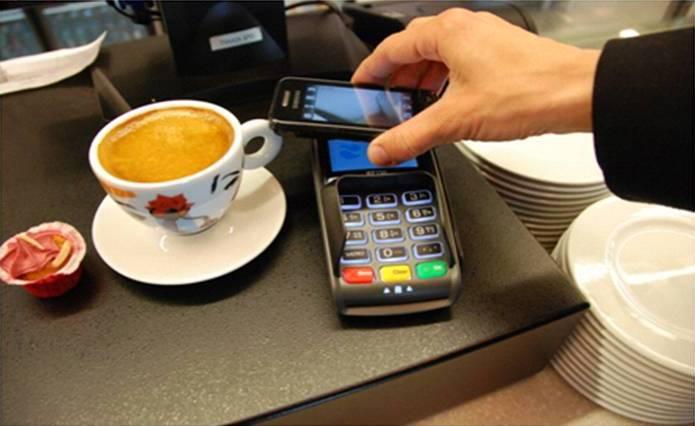
According to a new article from The New York Times, the conglomerate of more than 50 retailers known as the Merchant Customer Exchange (MCX) has locked its members into an alternative system. The development of rival payment service “CurrentC,” as it is known, isn’t news—however, the lengths to which MCX plans to go to ensure that none of its members try anything else is a new revelation. Unnamed sources from some of these retailers, speaking to the Times, indicated that MCX members are forbidden from using any other mobile payment system as part of their contracts. If they do, they’ll be subject to “steep fines.”
As one consulting firm executive noted, a number of these retailers signed their contracts years ago — far before the concept of mobile payments really evolved into what it is today. Even now, some argue, the entire mobile payment concept is still in its infancy. While that may be true, it’s a growing industry, and a standard will invariably emerge in due time.
“If Apple Pay becomes a hit, MCX member retailers still waiting on CurrentC to begin could miss out on untold mobile payment transactions. Merchants also risk customer resentment if they continue to refuse Apple Pay. And if Apple Pay catches on, consumers may not be interested in a competing product,” reads the Times’ report.
Those criticizing CurrentC say that its use of QR codes to facilitate transactions is a bit antiquated compared to the tap-to-pay functionality of NFC-based payments. CurrentC’s entire reason for existence — to allow retailers to skip credit card processing fees by extracting money directly from a payer’s bank account — isn’t free of controversy, either. It’s still subject to fees, of course, but they’re quite a bit lower than the 2-to-3 percent retailers currently pay on credit card transactions.
“To be very clear: CurrentC’s attempt to dodge credit card fees by linking directly to users’ bank accounts is incredibly consumer-hostile,” tweeted Lee Hutchinson, of Ars Technica.
“Credit cards provide an invaluable buffer against fraud—and, frankly, against potential bad or incompetent acts by the retailers themselves. I will NEVER put myself in a position where a disputed transaction could result in an MCX member snatching funds from my CHECKING ACCOUNT,” he added.


